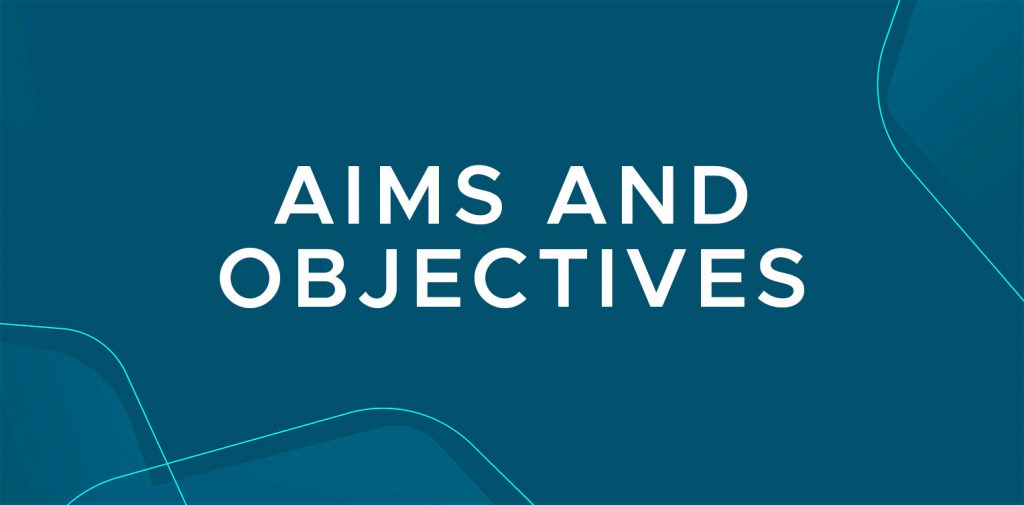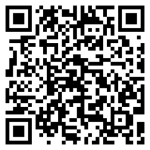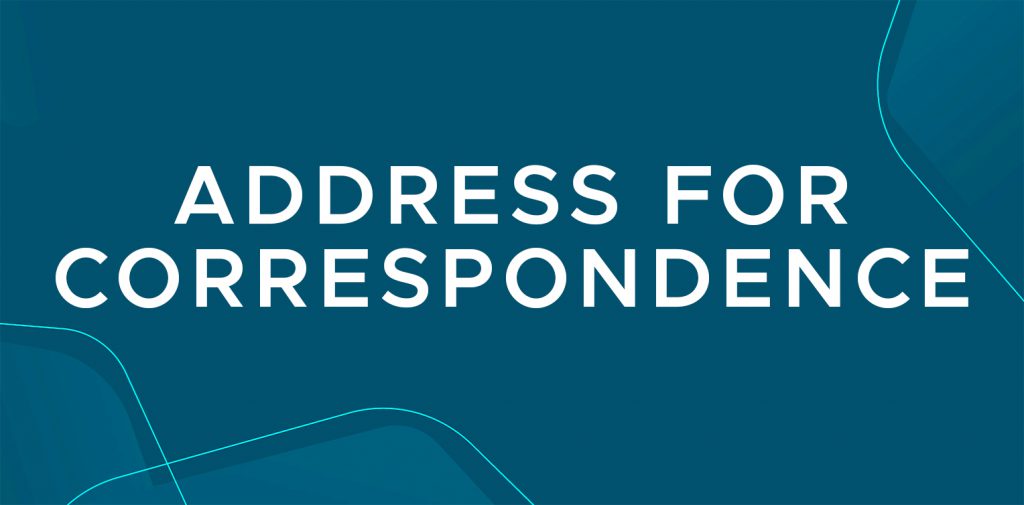
Rajiv Gandhi Science Centre (RGSC) proudly presents the 10th edition of Science Quest. Science Quest
2025 represents a project-driven science competition that challenges students to apply Science and
Technology in a methodical and pioneering manner to tackle real-world issues encountered within
their school, home, or local community.
The aim of this competition is to cultivate scientific consciousness among students and encourage the
practical application of Science and Technology to enhance the quality of life.
Participants in Science Quest have a unique opportunity to catalyse positive change through their science
projects. By addressing real-world challenges in their schools, homes, or communities using science
and technology, they become agents of innovation, contributing to the betterment of society. Their
projects are not just academic exercises but powerful tools to effect tangible, positive transformations.
2. AIMS & OBJECTIVES
By participating in the science quest students are expected to:
• Use Science and Technology and the scientific method in a constructive and innovative manner.
• Devise strategies to deal with a specific problem by working in a team.
• Develop skills research, communication, and problem-solving skills.
• Develop their creativity and innovation skills.
3. TOPICS
Participation in Science Quest is open to students of secondary schools across Mauritius. Students pursuing diverse academic paths, including science, mathematics, design and technology, and even non-science subjects, are cordially invited to participate. Science Quest aims to embrace a wide spectrum of talents and interests.
4. WHO CAN PARTICIPATE
Students pursuing diverse academic paths are cordially invited to participate. The contest is open to secondary school students of Mauritius as follows:
•Category 1: Grade 7, 8 and 9
•Category 2: Grade 10 and 11
•Category 3: Grade 12 and 13
Participants should work in a team of FOUR students under the guidance of ONE Supervising Teacher/Mentor. Each school may submit a maximum of FOUR projects per category. Finalists should submit a project report to the RGSC, participate in an exhibition and make an oral presentation of not more than 5 minutes in front of the Jury members during the finals.
5. HOW TO PARTICIPATE?
STEP 1: Submit a project proposal by 17 February 2025.
The purpose of the project proposal is to explain the rationale and the expected outcome of the project.
Finalists will be selected based on their project proposals.
Guidelines to write the project proposal
1. Introduction: Describe the current situation at school or in the locality.
2. Purpose of the Project: State the aims and objectives, including the desired change.
3. Methods: Describe the proposed step-by-step actions, experiments, measurements, and surveys.
4. Expected results: Present the project’s outcomes and measurements.
5. Analysis: Discuss the implications and impact of the project.
6. Conclusion: Summarize the project’s achievements and potential for improvement.
7. References: List sources, books, websites consulted during the project.
8. Acknowledgment: Recognize individuals who contributed to the project’s success.
STEP 2: Complete the Project
Guidelines to complete the project
The key to a successful Science Quest project lies in the art of project identification, investigation and problem solving through scientific inquiry. The following guidelines may help students through the Science Quest journey.
To start the project, teams may engage in:
1. Environmental Scanning: Participants should analyse their surroundings and explore global
issues using technology to explore emerging challenges in science and technology.
2. Community Engagement: Students can interact with local communities and expert
consultation to seek solutions and guidance.
3. Interdisciplinary Exploration: Encouraging cross-disciplinary exploration to blend ideas from
various fields.
4. Daily Log keeping: Documenting insights, challenges, and innovative ideas in a daily
logbook.
STEP 3: Project Report
Guidelines to write the project report
The key to a successful Science Quest project lies in the art of project identification, investigation and problem solving through scientific inquiry. The following guidelines may help students through the Science Quest journey.
The project report should include the following sections:
1. Introduction (About 1 page): Briefly introduce the project.
2. Purpose of the project (About Half a page): Define the aims, objectives, and reasons for undertaking the project. Explain the main actions to complete it.
3. Methods (About 2 pages): Detail the step-by-step actions taken, experiments conducted, measurements, surveys, discussions, interviews, and site visits.
4. Results (About 2 pages): Present outcomes, measurements, and results using tables, charts, graphs, and visuals. Describe the involvement of resource persons and findings from site visits. Document process improvement, if any.
5. Analysis (About 2 pages): Discuss project findings, their implications, impact on health and the environment, and benefits to school and friends. Make comparison if needed.
6. Conclusion (About 1 page): Summarize the project’s impact, challenges faced, and suggestions for improvement.
7. References (About 1 page): List consulted books, magazines, and websites.
8. Acknowledgement (about half a page): Recognize people who contributed to project success.
STEP 4: Prepare for display of project
If you have been selected, you will be invited to display your prototype models and posters.
STEP 5: Oral presentation
Guidelines for oral presentation
1. Present in either English or French.
2. Keep the presentation within a 4–5-minute time limit.
3. Provide a clear and logically structured description of the project.
4. Use visual aids effectively, including displays, posters, drawings, models, or PowerPoint presentations.
5. RGSC does not provide computers for presentations.
6. Any other support that enhances the presentation quality is allowed.
6. ASSESSMENT
The project report, the oral presentation and the display will be assessed by a panel of judges.
Project should be:
• Creative and Innovative
• Make appropriate use of Science & Technology
• Implemented or have the potential to be implemented at School/Community
• The decision of the Jury will be FINAL
7. PRIZES
All prizes are sponsored by Mauritius Commercial Bank:
Students | |
Gold Prize | Rs 25,000 + Shield |
Silver Prize | Rs 20,000 +Shield |
Bronze Prize | Rs 12,000 + Shield |
Two Merit Prizes | Each of Rs 5000 |
Supervising Teachers/Mentors | |
Gold Prize | Rs 4000 + certificate |
Silver Prize | Rs 3000 + Certificate |
Bronze Prize | Rs 2000 + Certificate |
Two Merit Prizes | Each of Rs 1000 |
8. ADDRESS FOR CORRESPONDENCE
Director
Rajiv Gandhi Science Centre,
Old Moka Road, Bell Village
Tel: 2132773, Fax: 2132726
Email: education@rgsctf.org Website: rgsc.govmu.org








